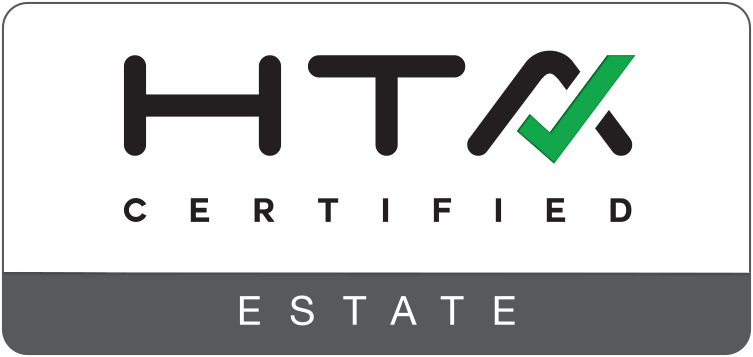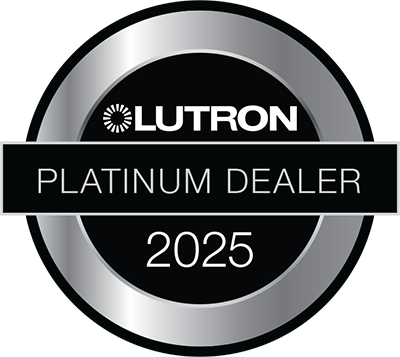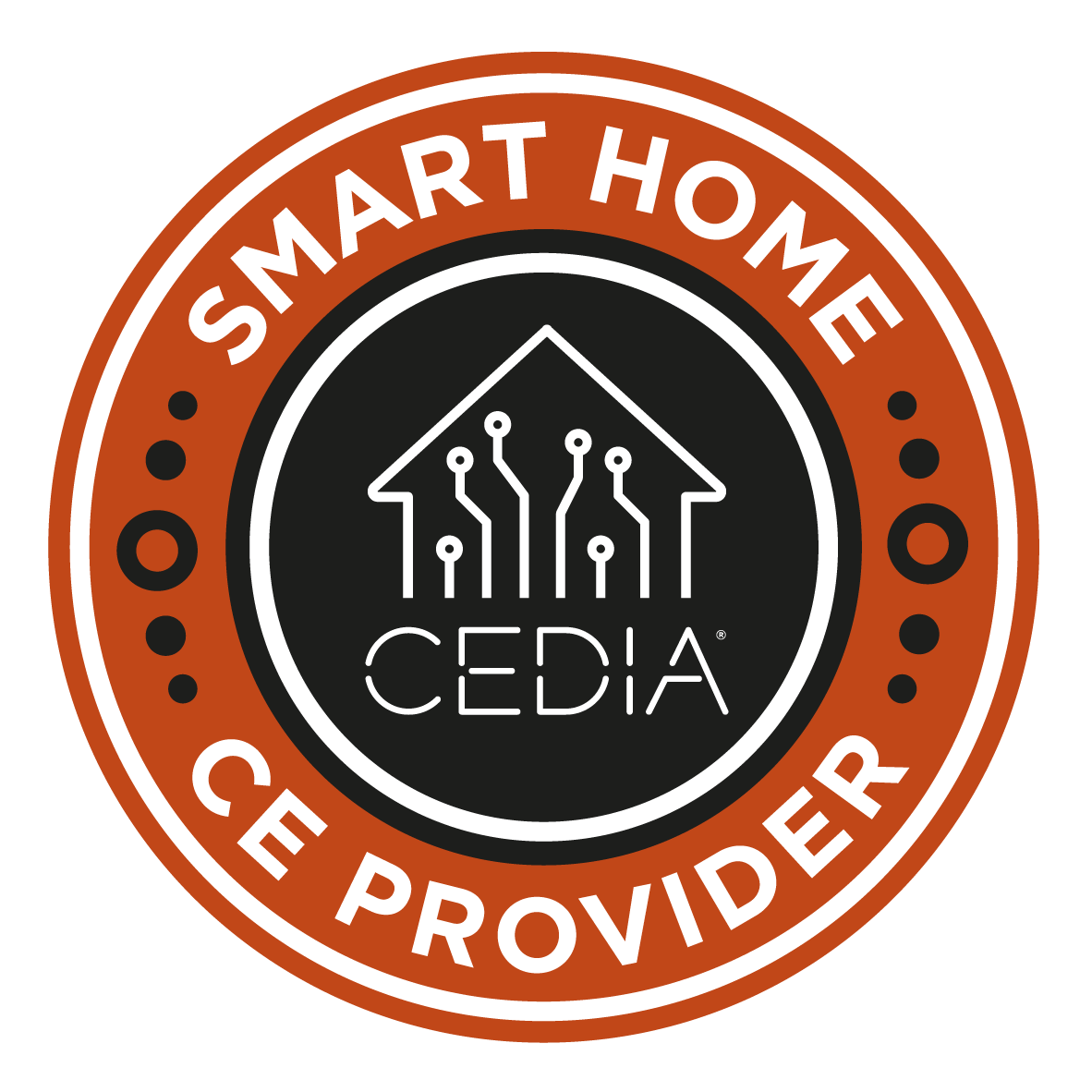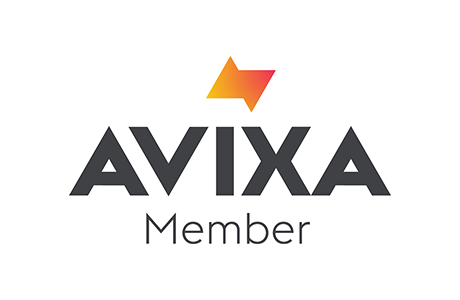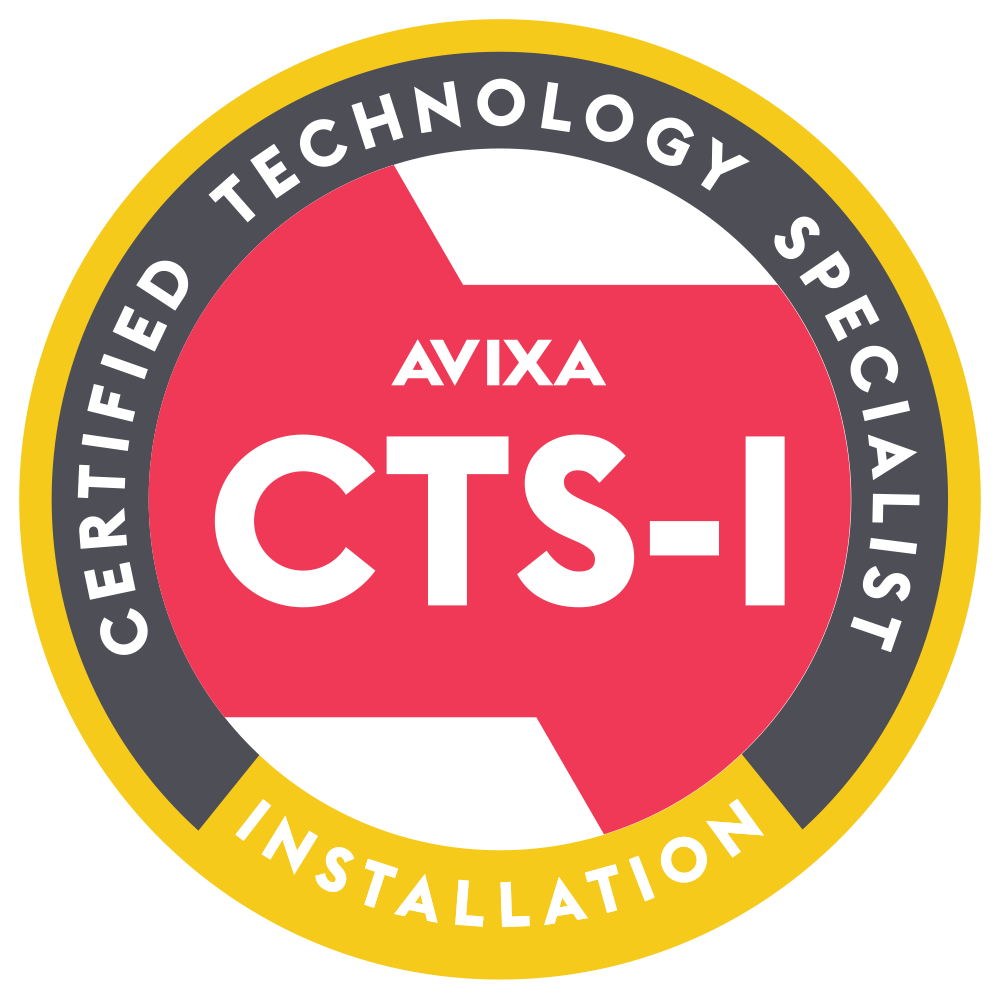Everything You Need to Enjoy Your Favorite Video Content in Style
If you’re going to invest the time and money required for a custom home theater, you want to know you’ve created the best possible experience possible. But creating an ideal home theater environment requires more than just a big screen. The type of TV or projection matters, as does your choice of sound system, even your choice of décor.Trying to sort through all the available options for your home theater can be overwhelming, which is why Pacific Audio & Communications is here to help. That’s why we’ve put together this guide to the essential elements of a high-end home theater installation for Maui homeowners. Read on to see what you really need for your home theater.
SEE ALSO: Getting the Most from Your Home Audio-Video System
YOUR DISPLAY
While there’s some room for debate as to which manufacturers have the best TVs and projectors around, in broad strokes there’s a simple answer to what you should want for your home theater: A 4K home theater system. While 8K TVs are available for purchase, there’s almost nothing in terms of native 8K video content.However, not all 4K TVs or projectors are created equal. You also want to look for a TV or projector that has includes High-Dynamic Range imaging, or HDR. HDR allows for a broader, more intense range of colors than regular 4K displays, giving you greater contrast to make those images really pop off the screen.
One recommendation is to pair a 4K HDR projector with an ambient light-rejecting screen or a screen that can reflect ambient light and instead display the truly stunning image your projector delivers. Similarly, look for OLED 4K TVs. In contrast to other 4K TV models, OLED TVs light pixels on screen individually instead of with bigger backlighting panels behind the screen. While that may not sound like a big deal, it’s crucial to separating brighter and darker tones on screen and gives you that true black color for a sharper image.
One thing to keep in mind if you’re going the 4K route: Every part of your video system must be 4K compatible. That means you need a 4K receiver, the right kind of cabling and a sufficiently fast network to handle 4K streaming.
YOUR SOUND SYSTEM
If you want the best in class when it comes to home theater sound, there’s only one answer: Dolby Atmos. While other home audio and surround sound systems deliver impressive sound in their own right, Dolby Atmos is the most immersive system currently available.Surround sound systems typically work by channeling sound through different speakers spread out around the room. These are the center, left, right, and rear channels you’re likely familiar with. Dolby Atmos works differently by featuring two or four overhead speakers, as well, and rendering each sound as an individual object that can be placed in a 3-D soundscape created by a network of speakers throughout your home theater.
This allows for an incredible sense of immersion, though it only works if the content you’re watching or listening to has been mastered for Dolby Atmos. Even if it’s not strictly Dolby Atmos compatible, however, you’ll still get powerful, quality sound from your speakers while enjoying other content.
ALL THE REST
Your video and audio systems are your primary concerns when it comes to home theaters, but there are other aspects to consider as well. For instance, there’s your choice of furniture and décor.As far as furniture goes, you actually should spend a lot of time making sure that you find the right seating for your home theater installation. If you’re going to be spending a lot of time in your home theater, you want comfortable seating that will remain in top condition after several months or years of usage.
When it comes to your décor, don’t be afraid to add your own sense of style. Give your theater a theme based around your favorite movie genre or genres, throw up some theater-style posters, add a popcorn machine or even stylish acoustic treatments.
Your home theater represents a significant investment on your part, so don’t be afraid to make it your own. To see what Pacific Audio & Communications can bring to your home theater installation, call our Maui office at (808) 870-1619 or contact us here to get in touch with our team today.
We look forward to hearing from you!

